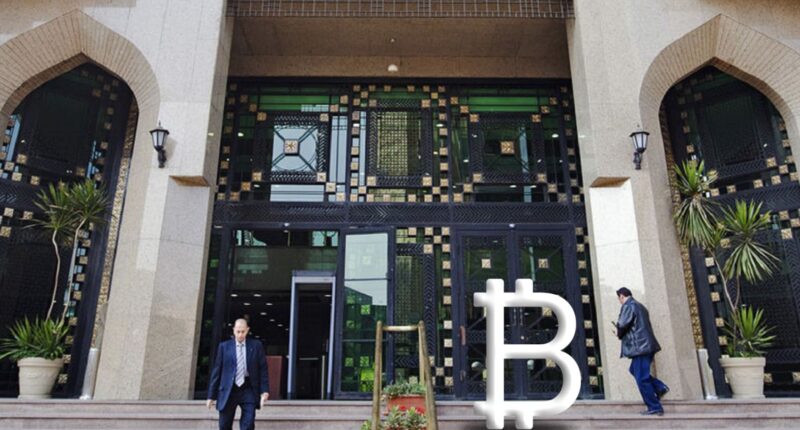When the internet was created, a lot of people criticized the technology, and said it was going to fail in no time, however, regardless of the challenges and flaws; the internet has been successful so far, as it has more than thirty billion users at the moment. Just as the internet was faced with challenges before becoming adopted for use by almost everyone, cryptocurrency also faced something similar with the introduction of Bitcoin, as critics had a field day analyzing how the cryptocurrency would fail. However, 10 years later it does not seem like their predictions are coming through anytime soon, as Bitcoin has maintained its spot at the top of the list of more than 1600 cryptocurrencies.
2018 saw the creation of so many ICOs for different purposes, and it is no news that a lot of the ICOs were just get-rich-quick schemes, and some were dishonest with their offerings. With this and the news making the rounds that cryptocurrency was being used to launder money, tax evasion, and other fraudulent practices. That led to the move by Egypt’s Grand Mufti, Shawki Allam, to place a ban on every activity concerning cryptocurrency in Egypt. The ban was issued in 2018, and since then there has not been any known crypto activity happening in the country. The ban on cryptocurrency in Egypt was as a result of the technology being able to bring some undermining to the legal system through different fraudulent activities including money laundering, tax evasion, etc. Furthermore, there was also some concern about the scams and volatility of crypto.
With the market expanding and more countries adopting the use of cryptocurrency and exploring the added features and advantages, the government of Egypt have begun to see that cryptocurrency may not be as bad as they envisaged. This latest development has made the government lighten the ban to some considerable extent. Originally, the ban was on all cryptocurrency, however a bill was proposed to ban only unlicensed cryptocurrency activities. With the bill in place, the board of directors of the CBE (Central Bank of Egypt) will have the ability to regulate the creation and use of cryptocurrencies, and any company intending to get involved would need to get different licenses that will be expensive.
It is clear that cryptocurrency is here to stay, and one of the reasons why it is slow in attaining that level of being a mainstream means of payment is due the fact that there are no general regulations guiding its creation and use, and that has made some companies and business skeptical about adopting its use, as there is a lot of uncertainty about the future. This move by Egypt to license the creation and use of cryptocurrency rather than complete restrictions, has the ability to help other countries with similar restrictions see the good in cryptocurrencies, lift the restrictions, and thus help cryptocurrency achieve that status of becoming a mainstream technology for facilitating payments, especially when performing cross-border transactions.
Notice: Information contained herein is not and should not be construed as an offer, solicitation, or recommendation to buy or sell securities. The information has been obtained from sources we believe to be reliable; however no guarantee is made or implied with respect to its accuracy, timeliness, or completeness. Authors may own the crypto currency they discuss. The information and content are subject to change without notice. Visionary Financial and its affiliates do not provide investment, tax, legal or accounting advice. This material has been prepared for informational purposes only and is the opinion of the author, and is not intended to provide, and should not be relied on for, investment, tax, legal, accounting advice. You should consult your own investment, tax, legal and accounting advisors before engaging in any transaction. Please also visit our Privacy policy; disclaimer; and terms and condition page for further information.

